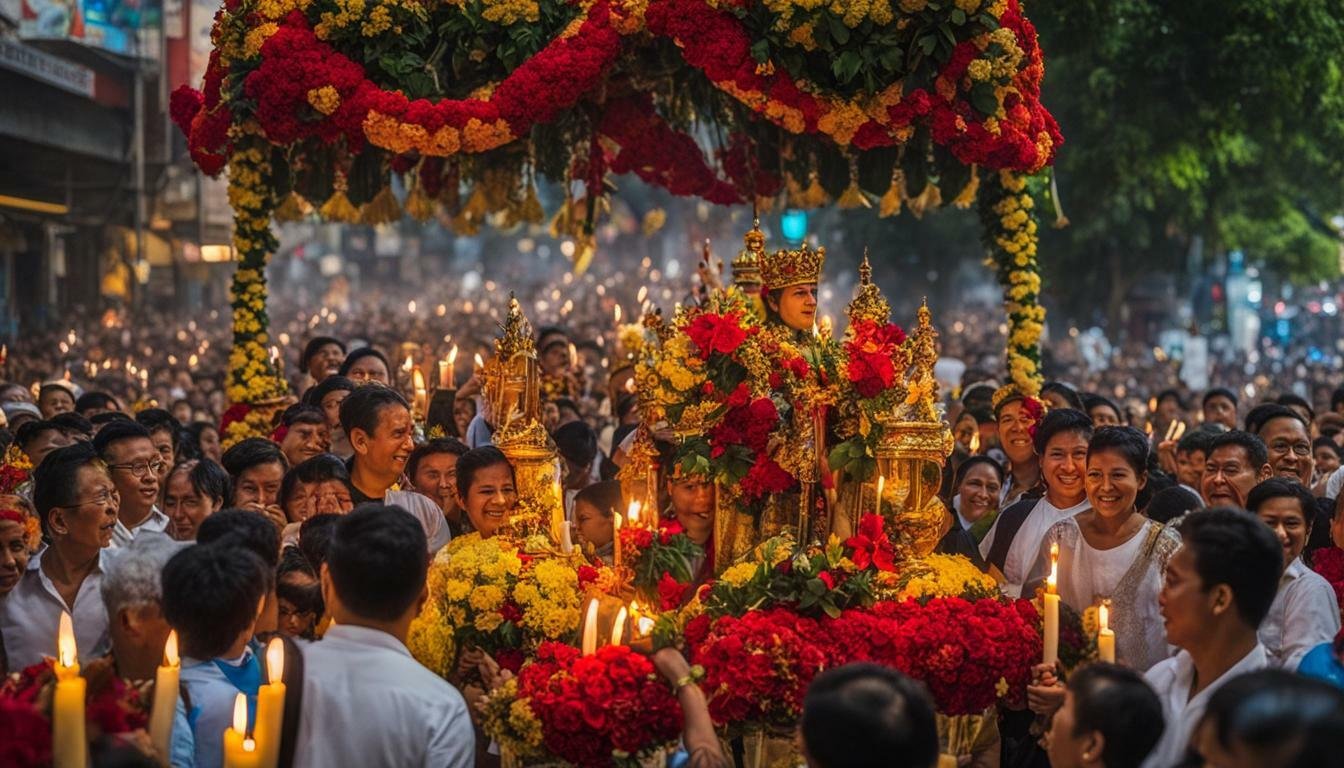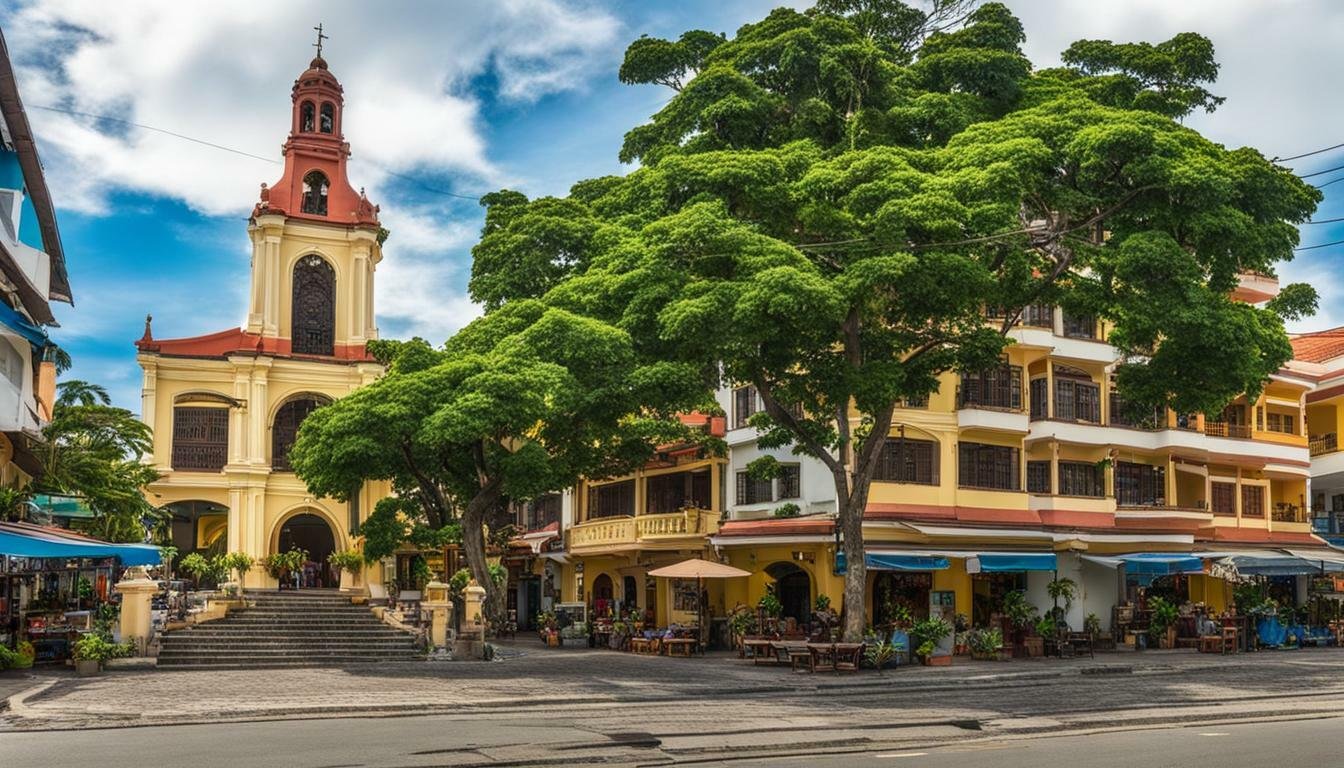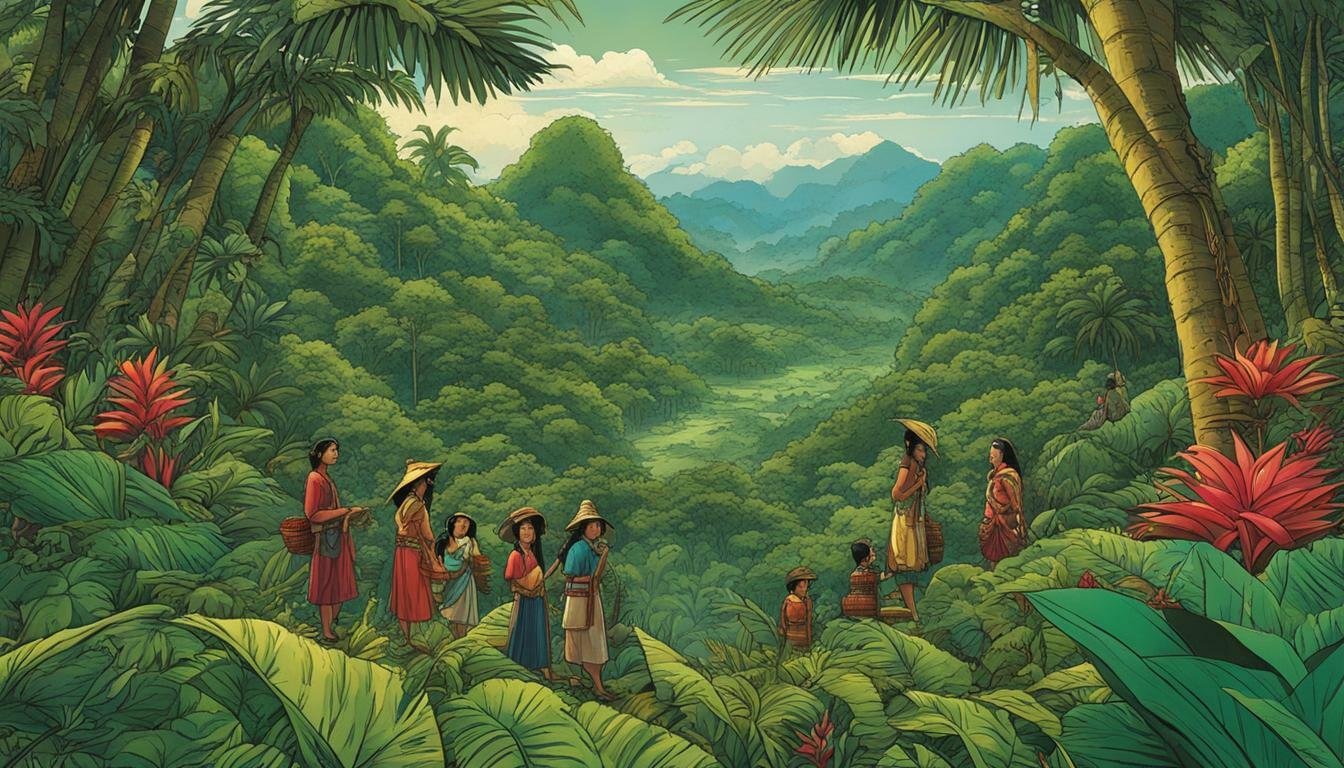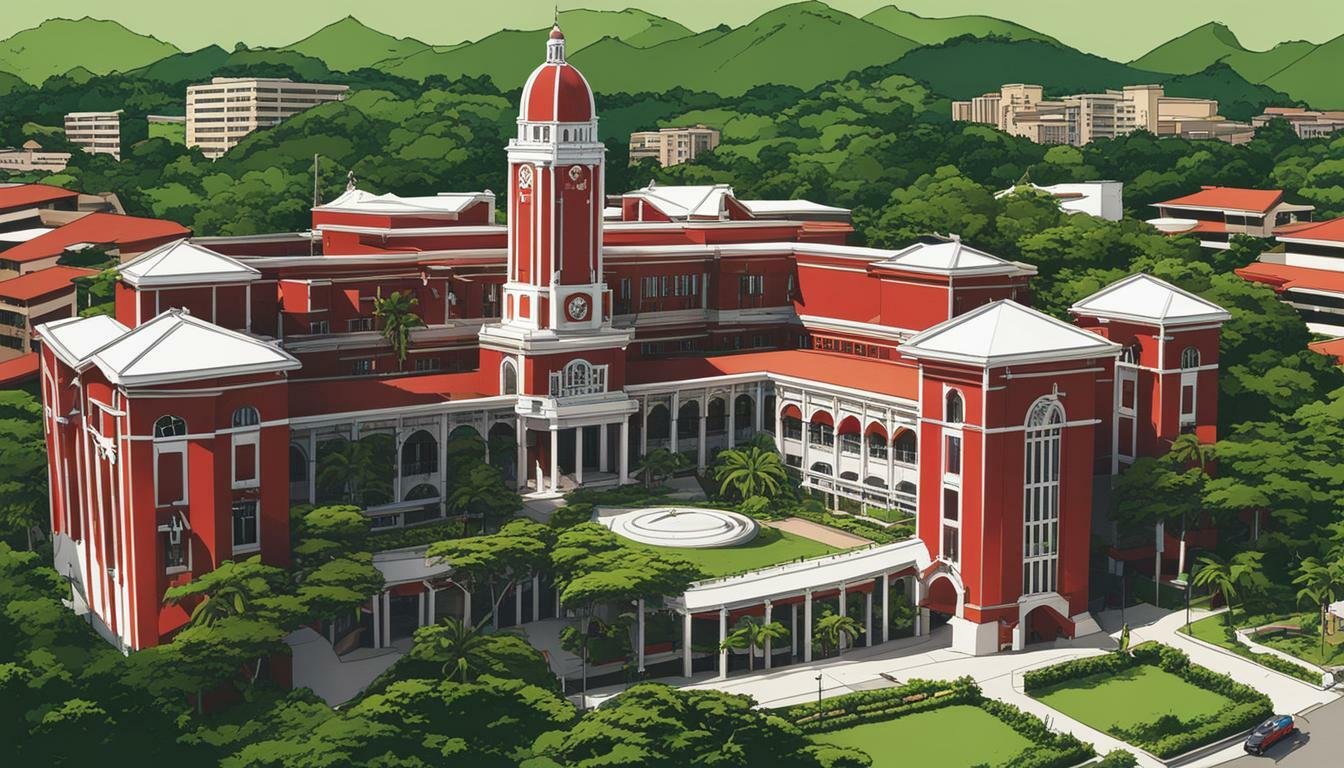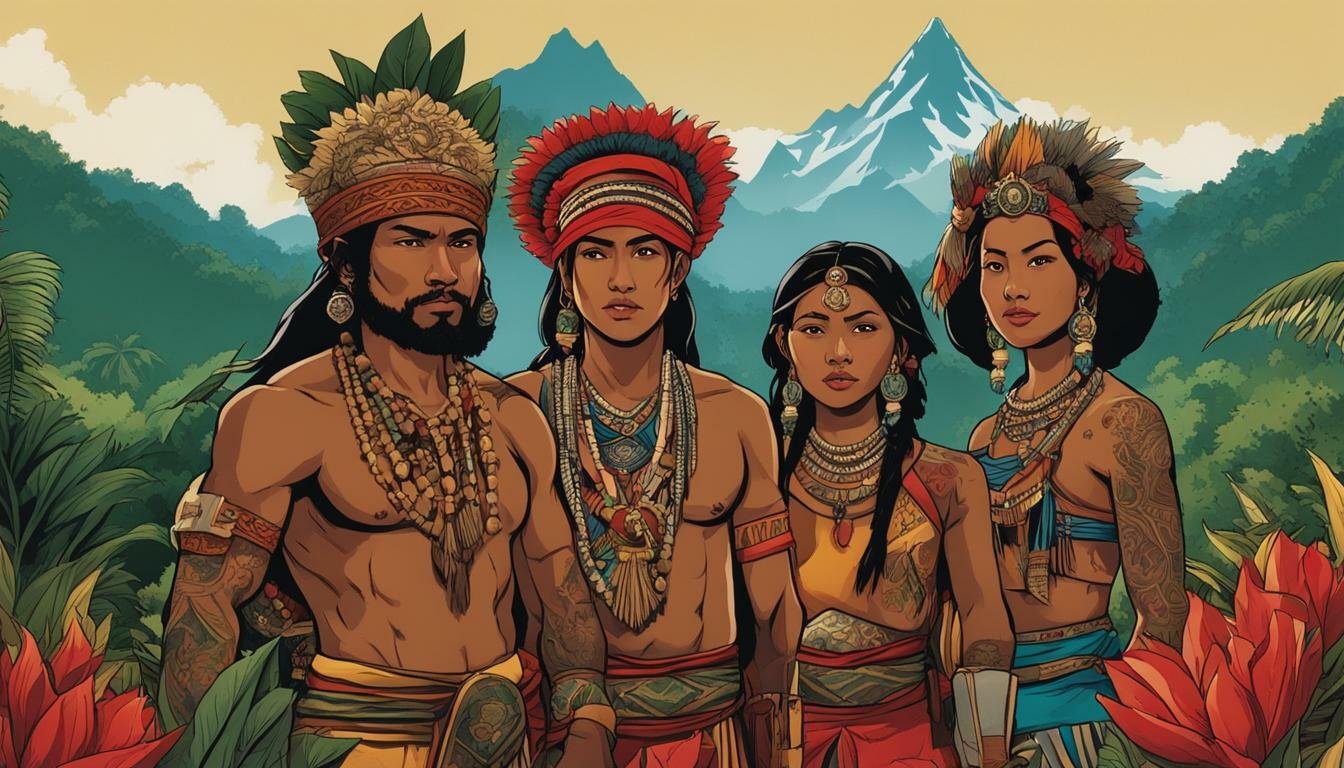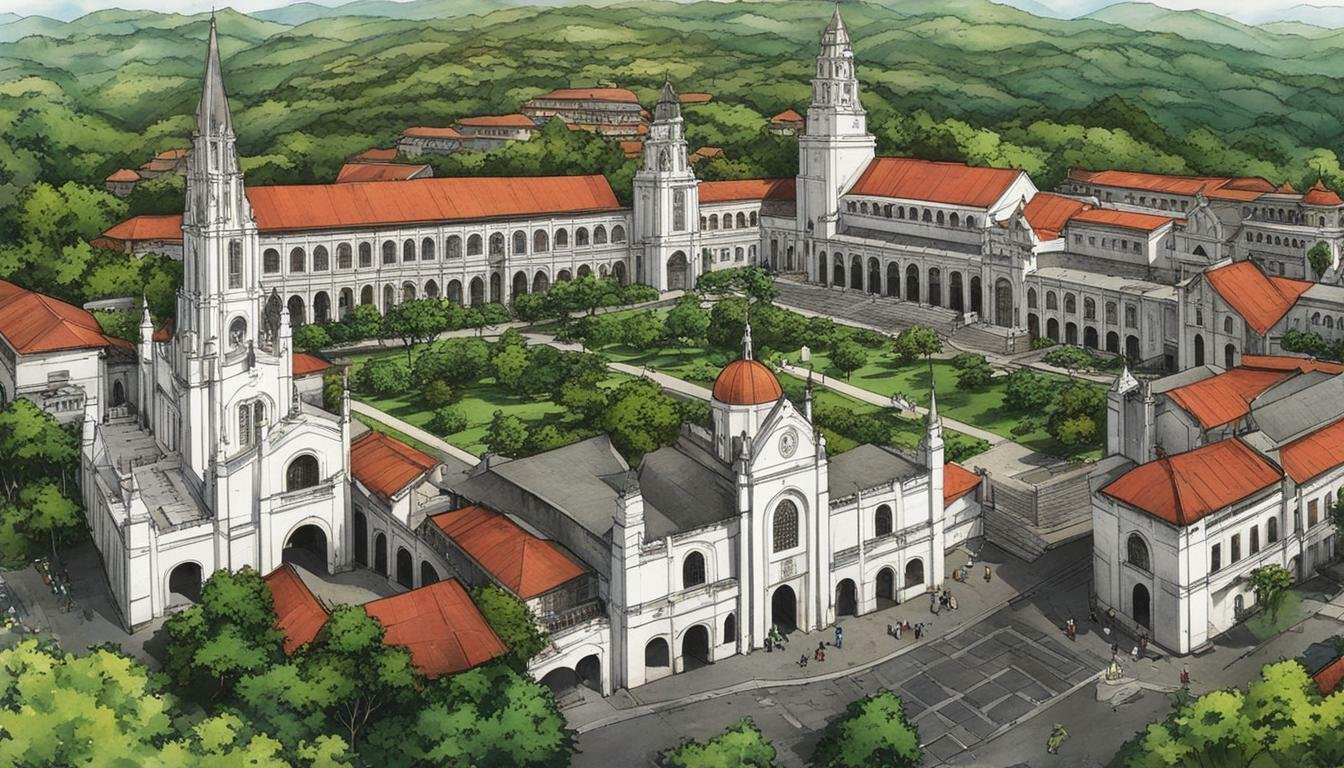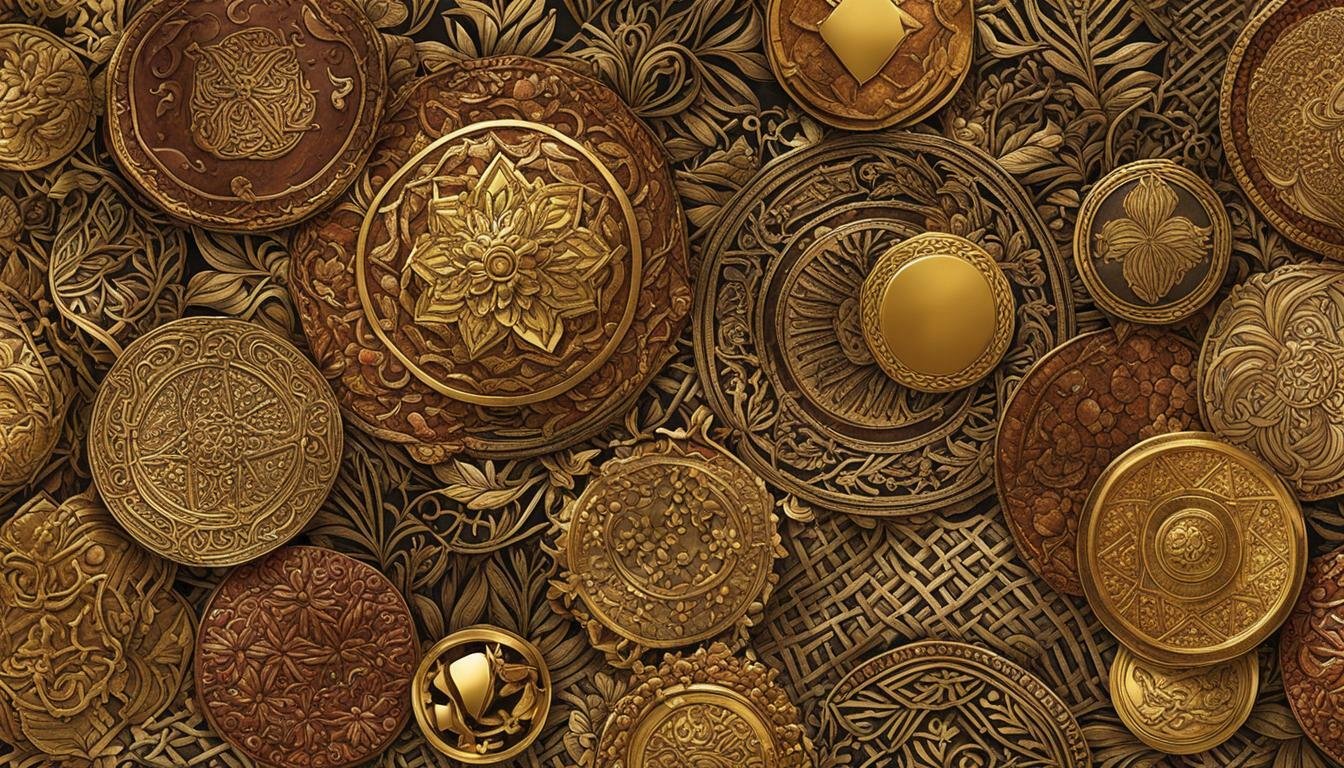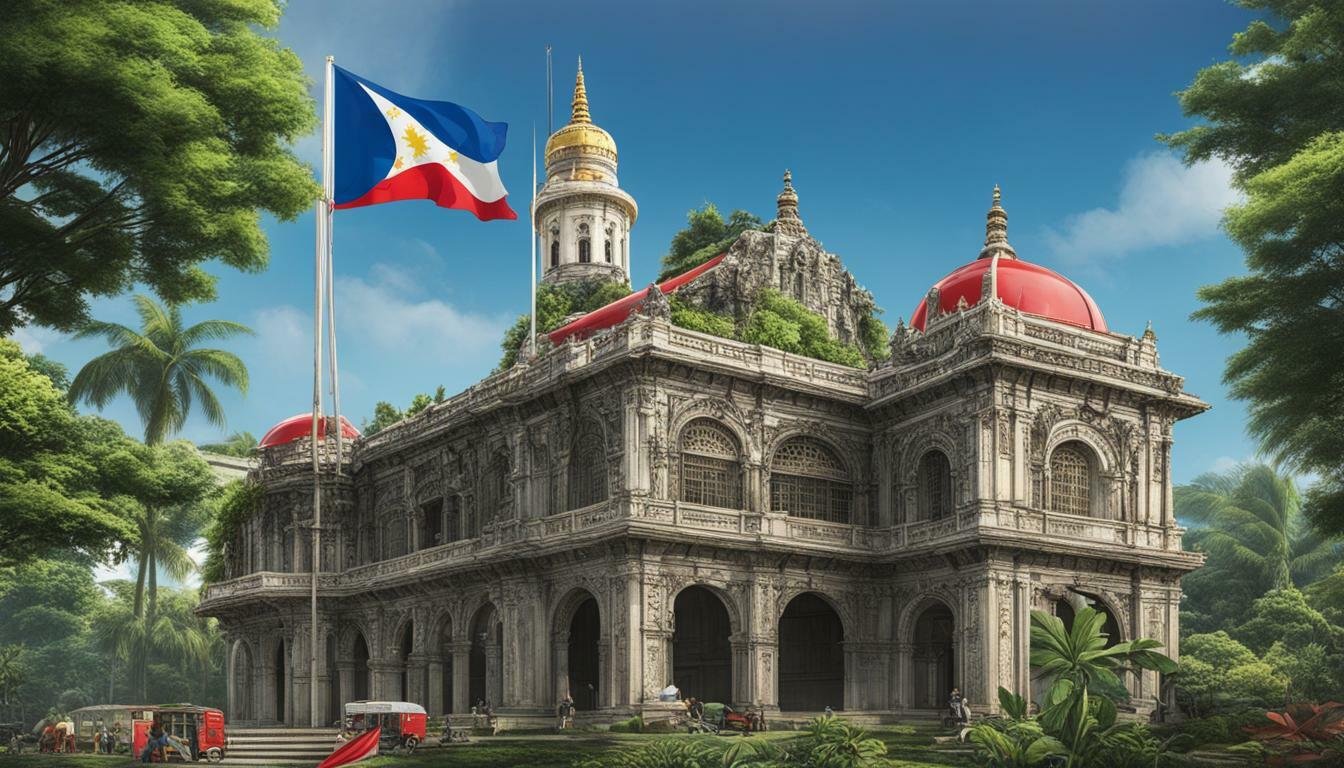The Philippines, a nation deeply woven with threads of faith and history, holds at its heart a powerful symbol: the Santo Niño de Cebú. More than just a religious icon, this image of the Child Jesus represents the very beginnings of Christianity in the archipelago, a tangible link across centuries of Philippine history and cultural…
Filipino Culture and Heritage
Discovering Dumaguete: Tracing the City’s Rich Heritage
Nestled on the southeastern coast of the island of Negros, Dumaguete City stands as a vibrant testament to centuries of intertwined histories. Known affectionately as the “City of Gentle People,” Dumaguete is more than just a picturesque coastal city; it is a repository of fascinating narratives that chronicle its evolution from an early settlement to…
Exploring the Biodiversity of Mount Kitanglad Range Natural Park
Mount Kitanglad Range Natural Park, a towering massif in the heart of Mindanao, is renowned for its breathtaking landscapes and extraordinary biological richness. Often celebrated for its unique biodiversity Mount Kitanglad harbors, it serves as a critical refuge for countless species, many of which are found nowhere else on Earth. However, understanding the ecological significance…
Philippine Ancestral Domains
The concept of land and its relationship to people holds deep cultural, historical, and spiritual significance across the globe. In the Philippines, this relationship is particularly complex, marked by layers of history, colonization, and the persistent assertion of identity by its original inhabitants. Central to this narrative are the Philippine Ancestral Domains, territories traditionally owned,…
University of San Carlos
Nestled in the heart of Cebu, one of the oldest and most historically significant cities in the Philippines, stands an institution often cited as the oldest university in Asia: the University of San Carlos (USC). More than just a center of learning, USC is a living chronicle of Philippine history, its existence interwoven with the…
Gran Cordillera Central
The Gran Cordillera Central is the largest mountain range in the Philippines, spanning the entirety of the Cordillera Administrative Region in Northern Luzon and parts of neighboring provinces. More than just a geographical feature, this rugged, imposing landscape has profoundly shaped Philippine History, serving for centuries as a bastion of resistance against colonial powers and…
Moro People
The Moro People represent a diverse group of indigenous Muslim ethnolinguistic groups in the southern Philippines, primarily inhabiting Mindanao, the Sulu Archipelago, and Palawan. Their history is a tapestry woven with threads of thriving pre-colonial societies, the enduring arrival and deep roots of Islam in the Philippines, centuries of resistance against foreign invaders, internal dynamics,…
University of Santo Tomas
The story of the University of Santo Tomas (UST) is inextricably woven into the tapestry of Philippine history. As the oldest existing university in Asia, its nearly four centuries of existence parallel the shaping of the Filipino nation, from the Spanish Colonial Philippines to the modern republic. More than just an educational institution, UST has…
Discover Piloncitos: Philippines’ Marvelous Gold Heritage
Before the arrival of European colonizers and the imposition of foreign monetary systems, the islands that would become the Philippines were already vibrant centers of trade and economic activity. This bustling pre-colonial era was underpinned by sophisticated forms of exchange, chief among them the fascinating and diminutive gold pieces known as Piloncitos. These small, cone-shaped…
National Historical Commission of the Philippines
The National Historical Commission of the Philippines (NHCP) stands as the primary government agency in the Philippines dedicated to the preservation, promotion, and research of Philippine history. It is a vital custodian of the nation’s memory, tasked with ensuring that the rich and complex tapestry of the past is remembered, understood, and honored by present…

